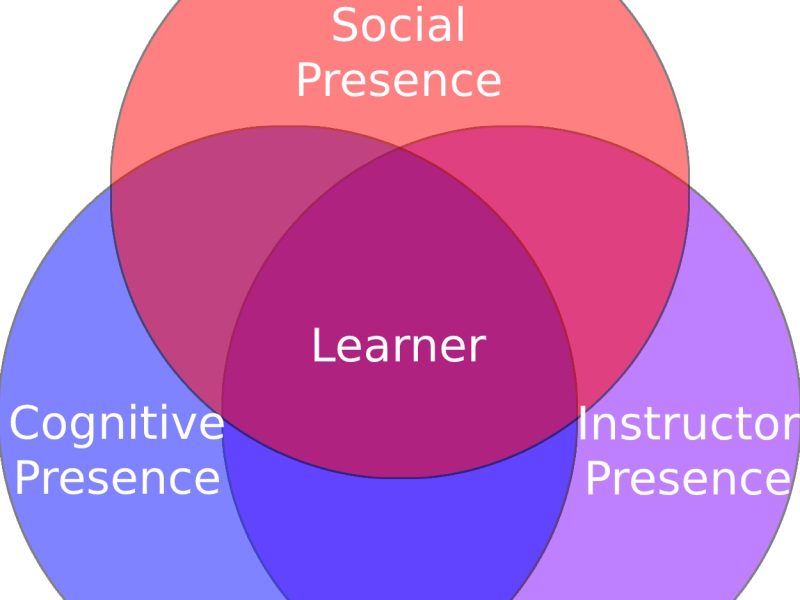Impact of Educational Practices in Chemistry on Belonging, Motivation, and Performance

This study will investigate how educational practices affect student learning, motivation, and belonging in general chemistry. The actual project varies by student interest. Students may research the mindset and belonging of students in a lecture course or lab course, they may also look at specific lab skills like understanding precision and accuracy or information literacy.
As part of the project, students will learn how to develop a testable research question, how to safely conduct human subject research, how to collect data on human subjects in an educational setting, and how to analyze qualitative and quantitative data to present to a variety of educational audiences.
Student Outcomes
Students will develop a greater understanding of educational practices in chemical education, improve abilities to develop researchable hypotheses, and improve abilities to present or write about scientific topics.
Student Qualifications
Students should be self-motivated, and able to create and maintain deadlines without prompting.
Students should have some awareness of chemical principles or sociological frameworks. Both are preferred but at least a strong interest in learning one or both areas.
Student Responsibilities
Students will learn the protocols associated with human subject research including the safe handling of confidential information. Students will be responsible for analyzing data from surveys and course assignments. Data may be quantitative or qualitative, depending on the specific project.
Time Commitment
1 quarter – 3 years
